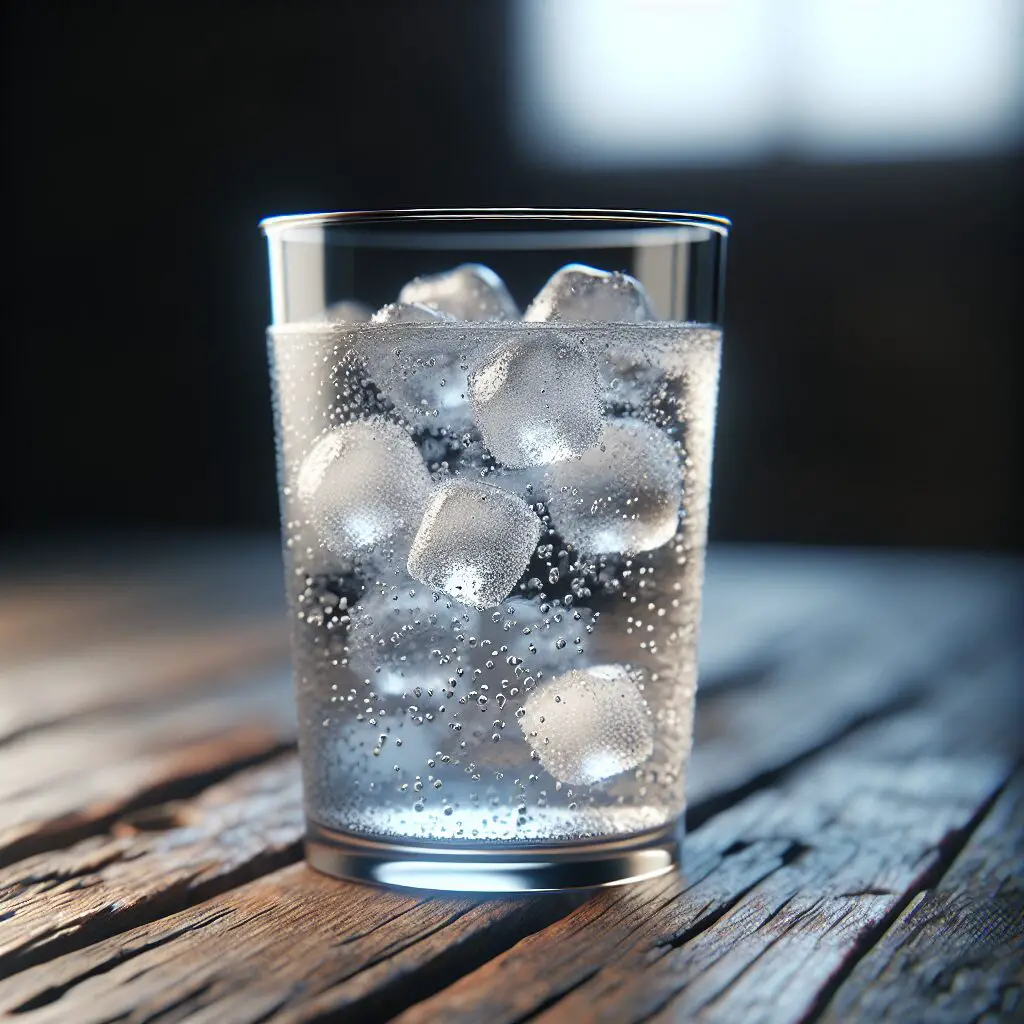If you’ve ever enjoyed a chilled cocktail or relished in the cool refreshment of an iced tea, you probably didn’t think twice about the ice cubes bobbing in your drink. But have you ever wondered about the hidden implications of adding ice to your beverage? Let’s dive into some surprising reasons why adding ice to your drink might not be such a cool idea after all.
1. The Great Dilution Dilemma
One common complaint about ice in drinks is the dilution effect. As the ice melts, it can water down the flavor of your drink. This is especially true for beverages like coffee or cocktails, where the flavor is key to your enjoyment. Too much ice can result in a watered-down, tasteless brew.
Even for non-alcoholic beverages, the dilution can be a downer. Imagine sipping on your favorite cola, only to find it tasting more like sugary water than the fizzy delight you had anticipated. If you value the full-bodied flavor of your drink, you might want to reconsider the ice.
2. The Space Invaders
Another downside to ice in drinks is the space it takes up in the glass. This concern is particularly prevalent in Europe, where ice in drinks isn’t as common as in the United States. Europeans may see the excess ice as a way to cheat customers out of drink quantity.
With the ice taking up a significant portion of the glass, there’s less room for the actual beverage. This might not be a big deal if you’re at home with unlimited refills at your disposal. But if you’re paying for a drink at a restaurant or bar, you might feel a bit short-changed.
3. The Cold Truth About Digestion
Did you know that consuming ice-cold drinks can impact your digestion? The cold temperature can hinder digestion by causing blood vessels to shrink and digestive enzymes to be less effective.
Drinking icy beverages after eating fatty foods might even lead to increased body fat storage. The cold temperature could cause the fats to solidify in the stomach, negating any weight loss efforts. This could be something to consider the next time you reach for a chilled drink after a meal.
4. The Contamination Question
While it may seem harmless, ice can be a carrier of bacteria and other contaminants. Ice machines are often breeding grounds for bacteria and mold. These machines can be difficult to clean properly, making them potential hotspots for contamination.
Moreover, the ice cubes themselves can be contaminated with germs from the trays in which they are made. Ill-maintained ice trays in restaurants and food establishments can increase the risk of contamination. So, the next time you reach for that ice scoop, remember that cleanliness matters.
5. The Vocal Cord Vexation
For those who rely heavily on their voice, such as singers or public speakers, consuming ice-cold beverages can be problematic. The frosty temperature could inflame the vocal cords, as the cold is harsh on delicate vocal cord tissues. Icy drinks can also potentially cause discomfort or damage to your voice.
If you need to preserve your voice for a performance or presentation, you might want to skip the ice and opt for room temperature beverages instead. After all, it’s better to be safe than sorry when it comes to protecting your vocal cords.
6. The Dehydration Deception
It might seem counterintuitive, but consuming ice-cold water could potentially cause dehydration. The body loses valuable fluids trying to warm the cold water to body temperature. This process could lead to a surprising loss of hydration.
Speaking of hydration, it’s interesting to note that the importance of ice in drinks might be put into perspective in hot climates. While the potential drawbacks of ice are worth considering, staying hydrated on sweltering days might take precedence over the potential downsides.
7. The Bacterial Transmission Threat
Adding ice or lemon slices to drinks carries a risk of bacterial transmission unless good hygienic practices are followed. This is highlighted in a study revealing that E. coli bacteria on hands were transferred to wet lemons and ice 100% of the time.
While the alcohol in some drinks can kill bacteria, other common mixers and drinks cannot eliminate all microbial threats. Therefore, whether it’s a lemon slice or an ice cube, it’s vital to ensure they are handled with clean hands and stored properly to avoid any health risks.
So, there you have it. While ice-cold drinks can be refreshing, especially on a hot day, it’s important to consider the potential downsides. From diluting your favorite flavors to posing a risk for bacterial transmission, it might be worth reconsidering that handful of ice the next time you pour yourself a drink.

